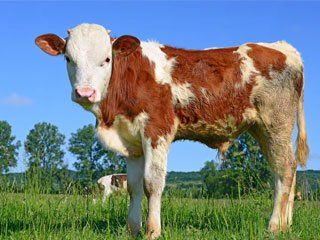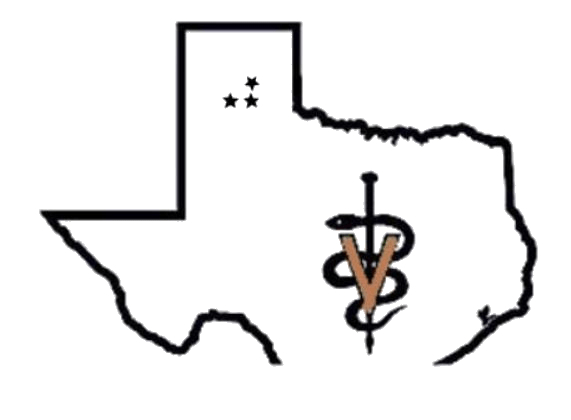Complete Herd Health Protocol
Locally OwnedExtensive Product Knowledge Over 25 Years of Experience
Locally Owned | Extensive Product Knowledge | Over 25 Years of Experience
As livestock feeders and producers, we know how much weather, feed quality, herd genetics and sometimes just plain luck can impact the health of our livestock. That is why it is important to do what we can to improve our herd’s ability to thrive by implementing a herd health protocol that includes regular deworming, vaccination, and proper nutrition. It is a good idea to talk to your veterinarian about the needs of your particular livestock operation, but here are a few basics to get you started.

Cow/Calf Operation
Deworm the cows and calves 2-3 times per year.
Lice treatment during winter infestations.
Insecticide Fly Tags or other fly control treatment during peak fly season.
Cows / Heifers: Vaccinate at least 1 time per year prior to breeding (follow vaccine label instructions for proper vaccination frequency) with:
- Blackleg / 7-way
- 5-way viral respiratory vaccine + Vibrio+ Lepto 5
Calves: Vaccinations given to young calves still nursing the cow require revaccination; many cattle raisers choose to vaccinate once at “branding” time and then again several months later at weaning (please read vaccine label instructions carefully as many vaccines have a specific revaccination protocol to build optimum immunity).
- Blackleg / 7-way- include tetanus toxoid for any bull calves undergoing castration via banding
- 5-way viral respiratory vaccine + pasteurella multocida / mannheimia haemolytica (opt.); consider the addition of pinkeye vaccine at times of increased exposure
- Implant (calves must be at least 45 days old)
Stocker or Feeder Operation
Deworm 2 times per year.
Implant.
Insecticide fly tags or other fly control treatment for animals on pasture during peak fly season.
Lice Treatment during winter infestations.
Vaccinate: Even if your cattle have been vaccinated previously by you or someone else, most vaccine makers suggest a booster at least every 12 months to maintain immunity.
- Blackleg / 7-way- include tetanus toxoid for any bulls undergoing castration via banding
- 5 way viral respiratory vaccine + pasteurella multocida / mannheimia haemolytica (opt.); consider the addition of pinkeye vaccine during times of increased exposure
Superior Livestock
is another good resource for vaccination protocols at different stages in production.
Don’t forget! A well-balanced feed program makes HUGE difference in maintaining health and condition in your livestock. Call our Tulia location
for more information about proper feed and nutrition.
Extensive Product Knowledge!
Visit Us Today.
